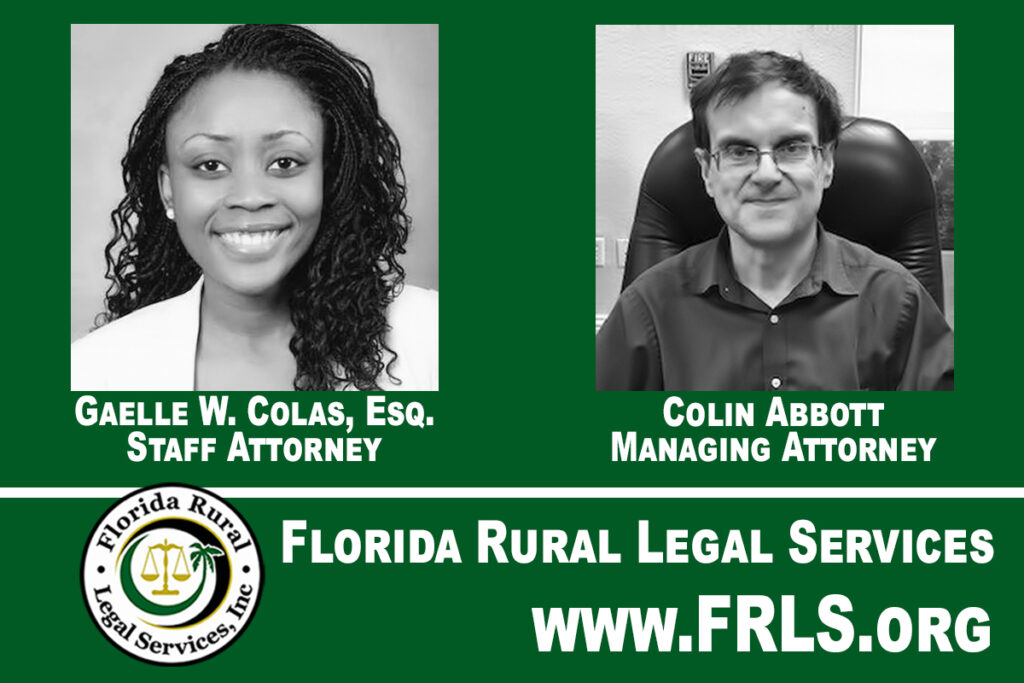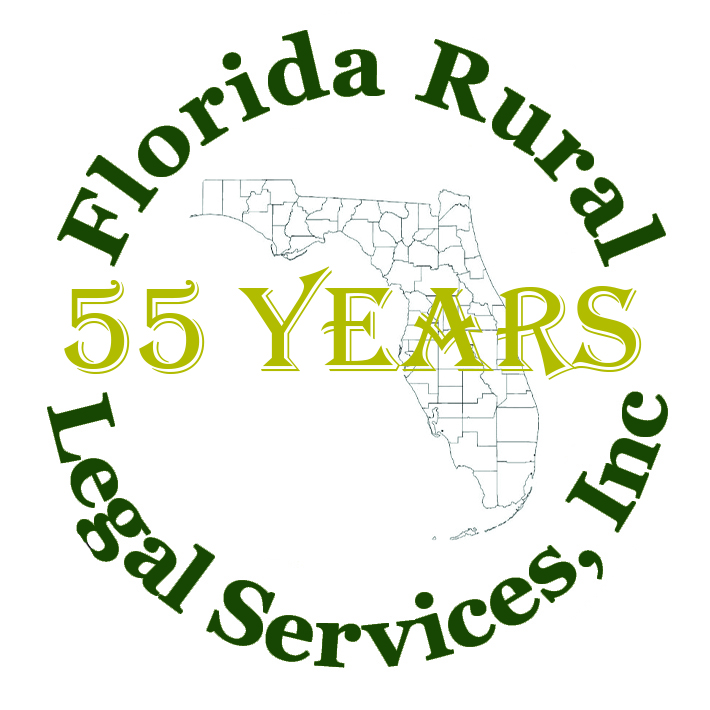
Luis and Joana were elated: Joanna was pregnant with the couple’s second child and they finally saved enough money to make a down payment to purchase a manufactured home.
They entered into negotiations with a dealer to purchase a manufactured home. Prior to signing a contract, they explained to the dealer that Luis was legally in the U.S. under DACA, an executive order that allows persons brought to the U.S. as children to work and live in the U.S. for a two-year renewable period, and that Luis was in the process of obtaining his green card through his marriage to a U.S. Citizen.
The parties entered into a contract with the dealer to purchase a manufactured home for $90,000. Pursuant to the contract, Luis and Joanna paid $9,0000 of their life savings as a deposit. Per the contract, they were to apply for financing and a mortgage with a third-party mortgage company to finance the remaining amount due.
Luis and Joana supplied all the necessary documents to obtain the loan and mortgage from the mortgage company.
However, the problems began when the dealer then requested Luis’ green card. They explained that Luis was legally in the U.S. through DACA, provided his valid Florida driver’s license and explained his application for the green card was in the middle of being processed with no certain date as to when he would obtain final approval the government. The dealer refused to continue with the contract absent Luis providing proof of his green card.
The dealer then contacted the mortgage company and withdrew the couple’s application for financing and mortgage.
Although the dealer then refused to follow through on the contract, they refused to return the couple’s $9,000 deposit.
About 8 months later, Luis obtained his green card and contacted the dealer to notify them. The dealer then demanded more money to continue with the contract. The original contract did not require the couple to deposit more money. Accordingly, Luis refused.
Luis and Joana searched for help from a lawyer. They went to two private attorneys who declined their case, with one stating they did not believe they had a strong case to win in court. They applied for assistance with another legal aid program but was declined due to being out of their jurisdiction.
Finally, they reached out to Florida Rural Legal Services to help them with their problem. At this time, about two years had passed.
Florida Rural Legal Services had just received the VOCA grant, a grant centered on helping victims of crimes.
The couple qualified for services under the VOCA grant as victims of unfair and deceptive sales practices and the case was taken on by the VOCA attorney, Gaelle W. Colas.
FRLS’s mission is to empower low income individuals, groups, and communities by providing them with access to justice through legal advice, representation, and advocacy.
